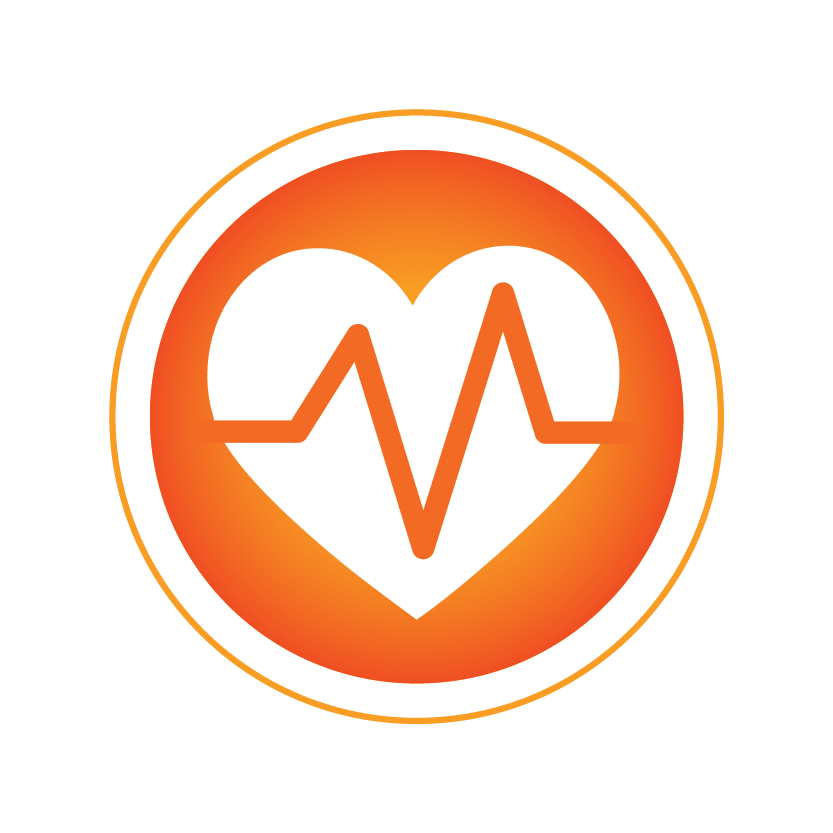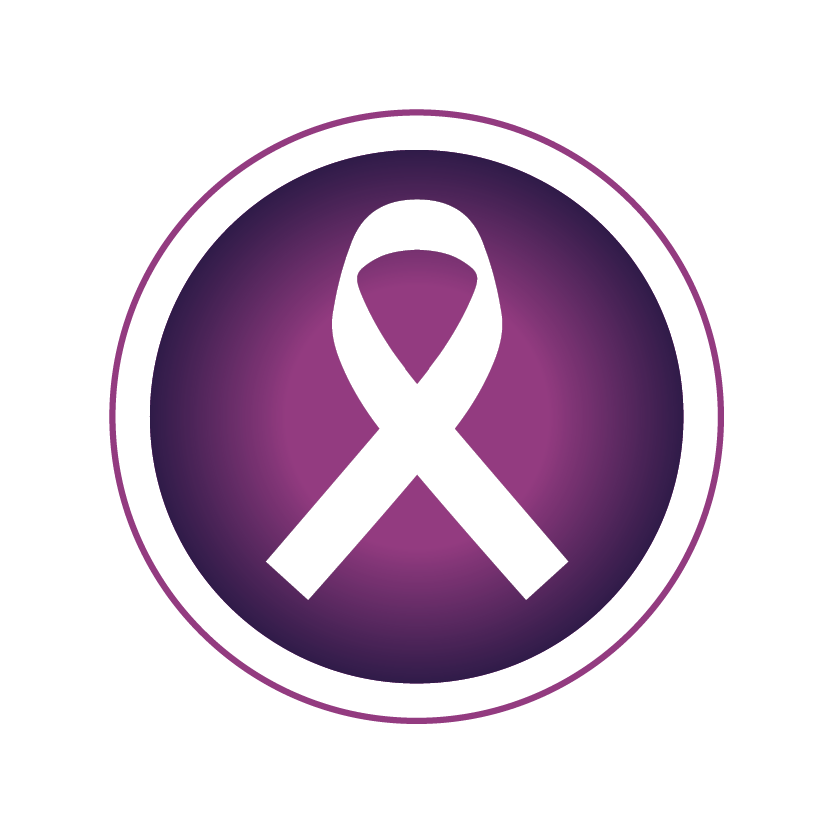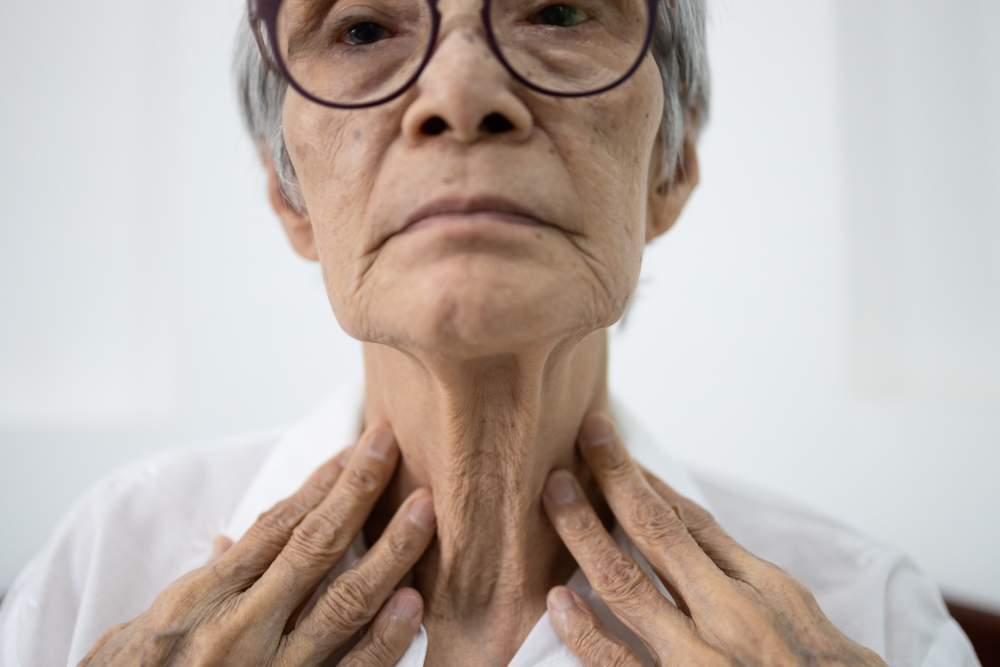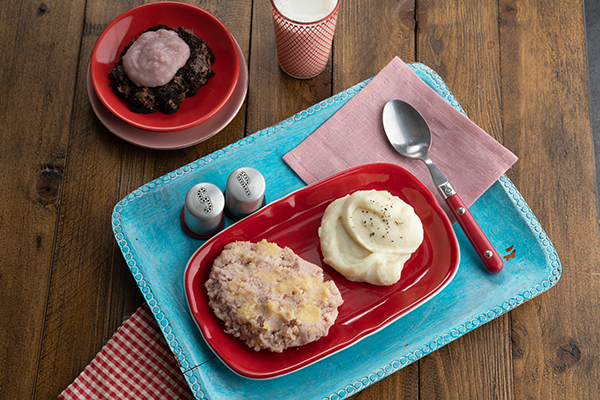Throughout their lives, women have special health needs. These needs can affect their overall wellness. Sometimes, a lifestyle change, at any age, can make a positive difference in one's life.
Mental and physical health can improve with a few small changes such as:
- Chatting with a health care professional about nutrition and exercise
- Getting annual medical and dental exams
- Scheduling routine care visits for vaccinations, cancer screenings and other preventive tests
- Knowing one’s family history of chronic diseases that include cancer, diabetes and osteoporosis
- Quitting smoking or seeking the necessary support to do so
At other times, a more serious intervention may be appropriate.
 Heart disease
Heart disease
Heart disease is the number one cause of death in the U.S. according to the Centers for disease Control and Prevention. It is the cause of about 29% of women's deaths.
Risk factors affect women in different ways; but risk factors for everyone include:
- Smoking
- Diabetes
- High blood pressure
- Being overweight
- Increasing age
- Lack of physical activity
- Family history of heart disease
Women’s hearts are smaller and blood vessels thinner. It leads to cholesterol build up in the tiny blood vessels in their hearts. This means women’s risks and symptoms can be more subtle and harder to notice than in men. It’s also why women should pay attention to their bodies. Educating themselves on health issues and seeing their health care providers on a routine basis is key.
For women, risk factors for heart disease vary based on their stage in life. Consider the following:
- Long-term risks increase in women who have high blood pressure or diabetes during pregnancy
- Low levels of estrogen after menopause boost the risk of developing disease in smaller blood vessels
“If you don’t feel right, and especially if you have symptoms such as difficulty breathing, persistent nausea and abdominal pain, or any other unusual symptoms, you should talk to your doctor and not just shrug it off."
— Dr. Lili Ayala Barouch, M.D.
Medical Director
Johns Hopkins Columbia Heart Failure Clinic
 Breast cancer
Breast cancer
The American Cancer Society notes awareness, early detection and advances in treatment have improved survival rates. It recommends that women perform a self-exam each month to help with early detection.
Mammograms are images that can show tumors which are too small to feel. They are a key part of early detection. Each woman should ask their doctor how often they should have a mammogram.
The American Cancer Society recommends them for women with an average risk level at these ages:
- Younger than 45 — Consult a doctor if concerns arise
- 45 to 54 — Yearly test
- 55 to 74 — Every two years
- 75+ — Based on doctor's recommendation
Nutrition and hydration
Proper nutrition helps women prevent and treat diet-related conditions. These conditions include obesity, heart disease, stroke and Type 2 diabetes. Make every bite count by eating a nutritious diet. Avoid processed foods, sugar, saturated fats and sodium. Eating mood-boosting foods to improve mental and gut health.
Staying hydrated also is key, because female body weight is made up of about 55% water. But that percentage can change based on age and body composition.
Try these tips to increase water intake:
- Eat fruits and vegetables with high water content including:
- Watermelon
- Spinach
- Cucumbers
- Green peppers
- Berries
- Cauliflower
- Radishes
- Celery
- Carry a water bottle while on the go
- Add fresh lemon or lime to water for more flavor
- Hydrate before and after exercise
- Skip sugary drinks such as soda, juice and alcohol — all high in calories
Mom's Meals® can help
We help take the guesswork out of nutritious eating with our ready-to-heat-and-eat meals designed by professional chefs and registered dietitians. Choose from 60+ delicious meal options across nine menus that support chronic conditions and general wellness.



